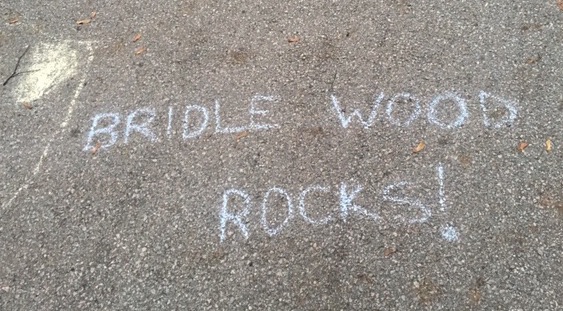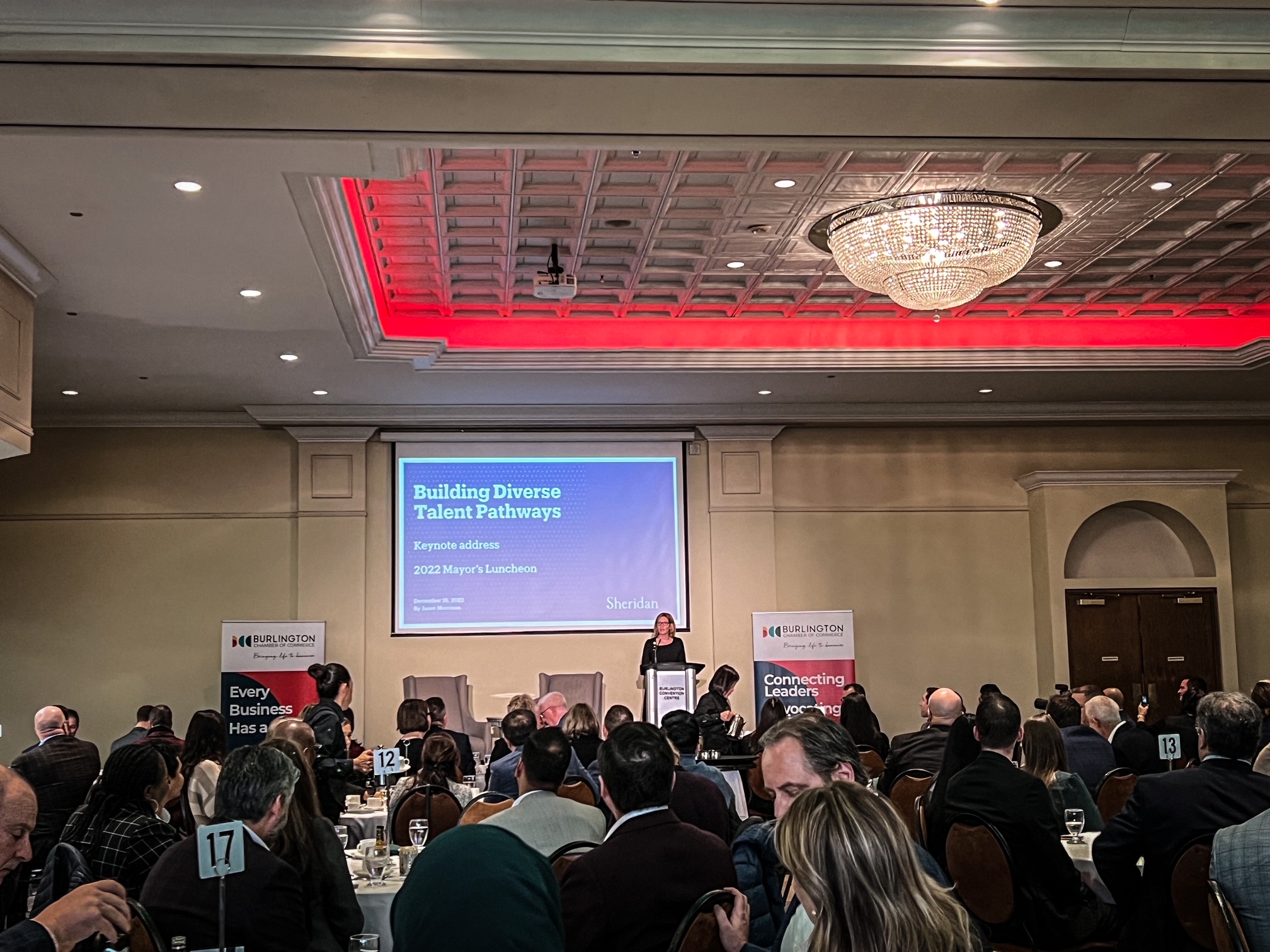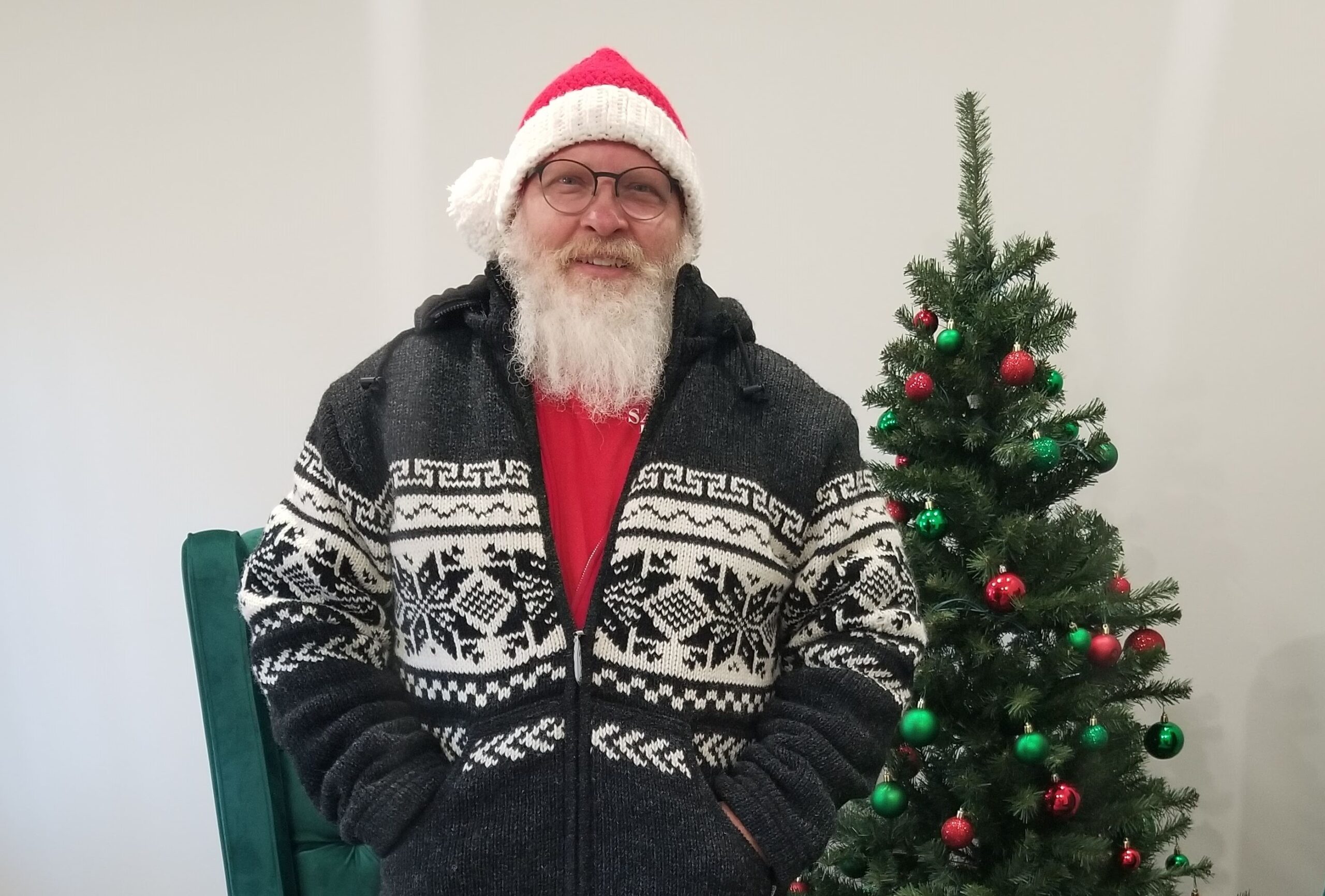Fifteen people met last week to discuss the controversial expansion of Aldershot’s Meridian Quarry into the western part of Tyandaga. Almost half those in attendance were from City Hall and being paid by taxpayers, yet the meeting was not open to the public. This, despite the fact that Mayor Marianne Meed Ward has promoted the idea of transparency in civic government for over a decade.
The group meeting is known as the Aldershot Quarry Community Liaison Committee and, according to the mayor, is “meant to provide an opportunity for respectful dialogue between stakeholders to share questions, concerns, ideas, and new information related to the Quarry’s ongoing activities.”
It is difficult for the media to find out what progress, if any, is being made by either the mayor or the Tyandaga Environmental Coalition (TEC) in their much-publicized attempts to mitigate the impact of the quarry expansion, something Meed Ward strongly advocated while courting the Tyandaga vote during the 2018 election.
TEC has not responded to media inquiries about last week’s meeting. “The TEC team does not have any comments at this time.” It has not updated its website nor has it posted recently on Facebook.
A news media Freedom of Information request related to the city’s involvement is well past the statutory deadline for a response.
Ward Councillor Kelvin Galbraith is a little more forthcoming, but not much.
“I think that it is evident that the oversight of the quarry and any expansion into the east cell lies with the MNRF and MECP [provincial ministries] and not with the City of Burlington.”
The public is left only with notes provided by the mayor. The latest notes indicate that the meeting was also attended by representatives from Burlington Green, the Protect Escarpment Rural Land Group (PERL), TEC, and representatives from Meridian Brick.
The mayor’s notes, made public shortly after the meeting, reveal a series of action points that appear to be little more than operational matters. For example: the Ministry of Natural Resources will be invited to the next meeting, Meridian’s latest operational report will be posted on its website, tree loss from the quarry expansion should be considered in the city’s tree planting targets.
Meridian announced its plan to expand in 2017 and immediately ran into opposition from neighbours who refused to accept long-standing provincial approvals. During the 2018 election, Meed Ward, then a councillor running for mayor, joined the opposition, despite having been told by staff that the quarry had full approval from the province and could not be stopped.
What the TEC really wants is for the city to pay for peer reviews of Meridian’s environmental studies and operational reports. In response, the mayor’s notes indicate that the ball is still in TEC’s court. “The request has been made to TEC to specify exactly what study or concern is in need of review so that council can better understand the scope and potential costs involved.”
Early this year, in response to TEC’s concerns over air pollution from the quarry, city council went behind closed doors for two hours to receive legal advice. Afterwards, the mayor put forward a motion asking staff to “undertake a detailed review of the feasibility of enacting a city-wide health protection by-law.”
So far, city staff have not reported back on this matter.
The Quarry Liaison Committee will meet again in March 2022.
Actual expansion of the quarry is at least a year or two away.




